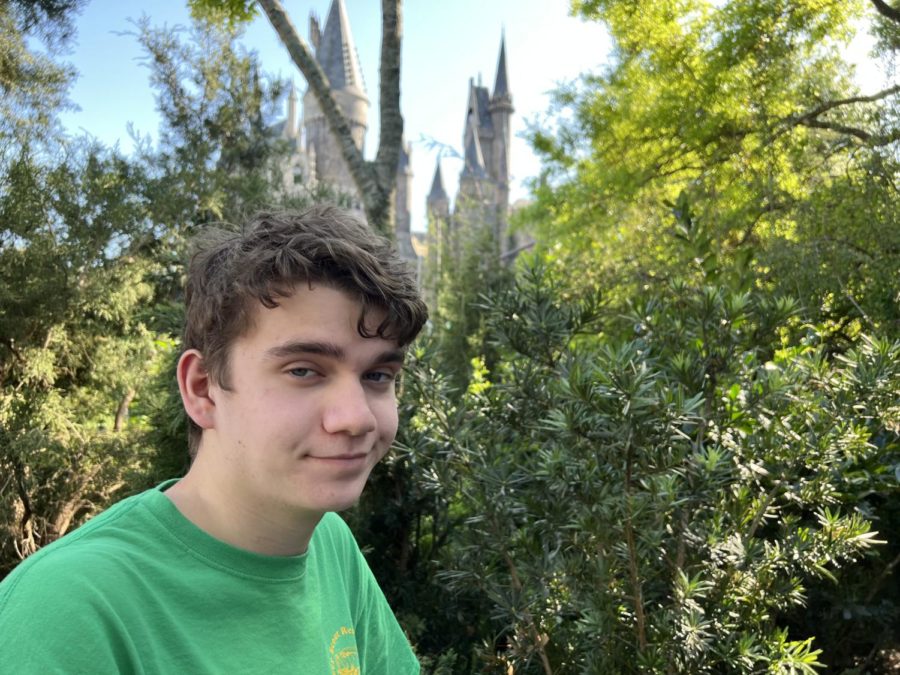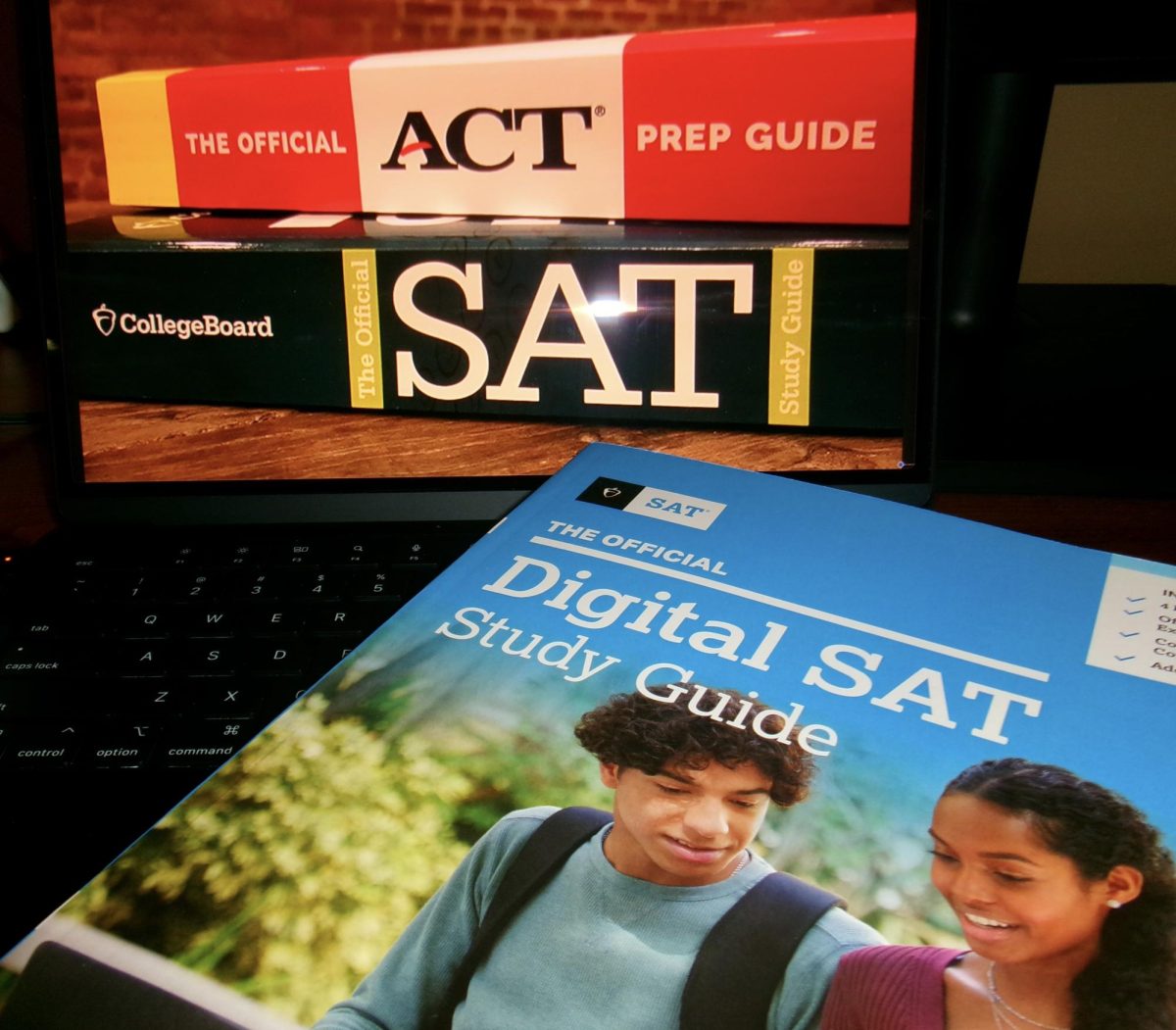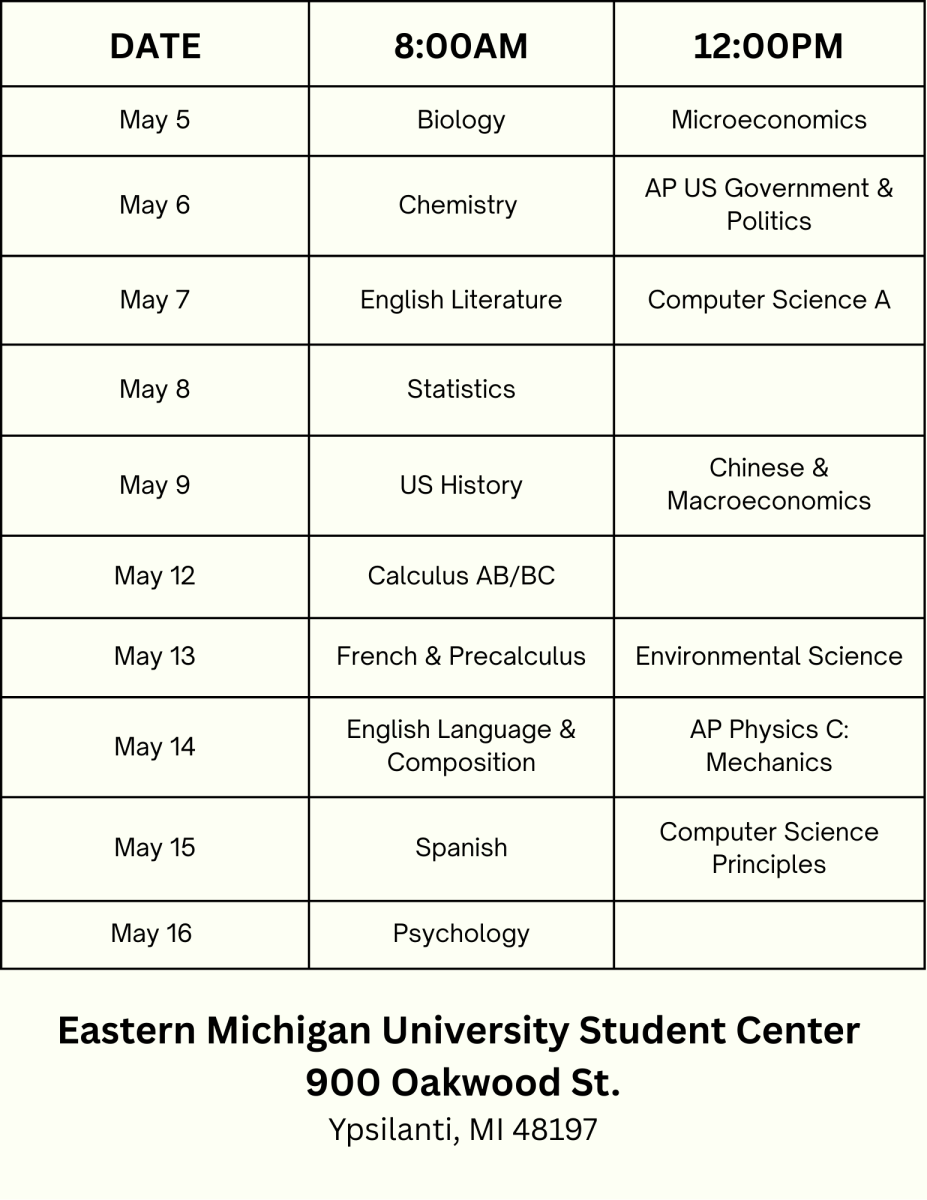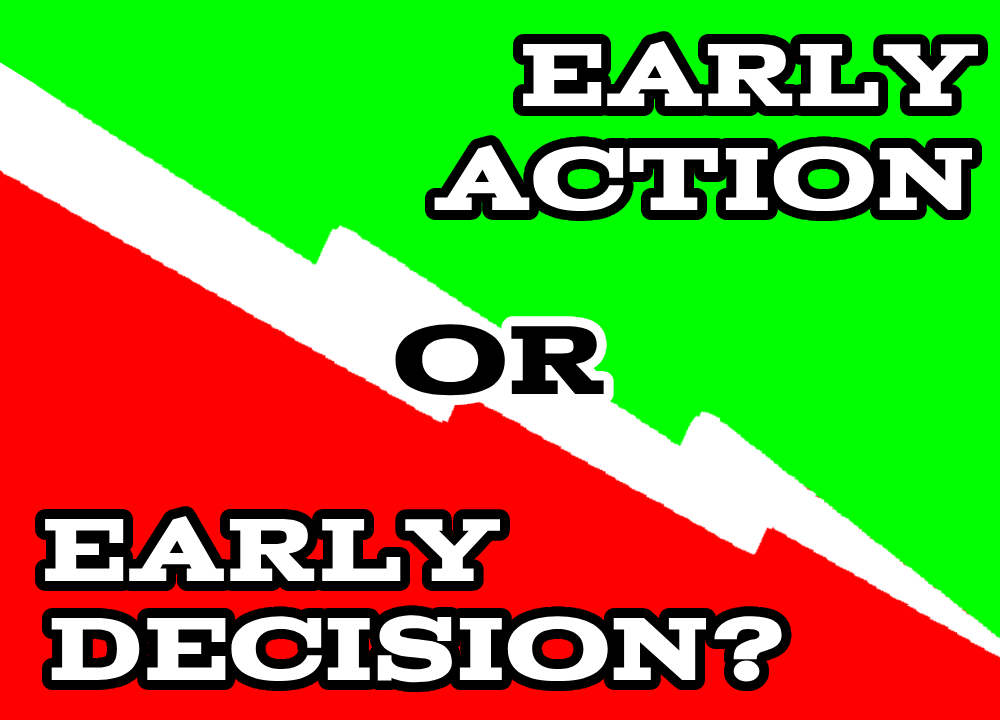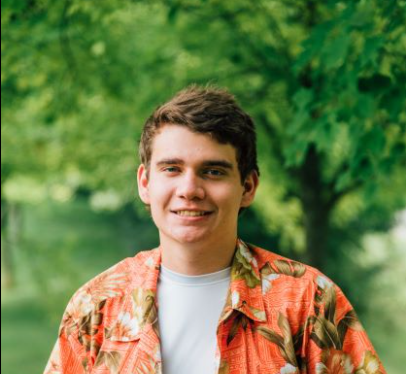I began scouts in 2nd grade when I joined cub scouts, the elementary school level of scouting. I am so happy that I could be in a group that allowed me to gain more perspectives, and learn about things they didn’t teach me in school like making bottle rockets and experimenting with various skills, something I deem very important. Jump ahead four year to when I joined my current boy scout troop. With the shift from Cub Scouts to Boy Scouts, I quickly realized there is more to scouting than camping and using a pocket knife. In Boy Scouts, the boys led the meetings instead of the adults and they also planned what the troop would do every year in terms of activities, campouts, and recruiting. Scouts also emphasize volunteer work, like soup kitchens and service projects which helped me to understand the importance of working as a community to help everyone else out, even if you had no idea who they were.
This notion of working for others without expecting reward is integral to becoming an eagle scout, the highest honor in scouting. Before I could face this task, I needed to master the outdoors and climb the ranks by completing badges, racking up service hours, demonstrating understanding in various topics, and serving as an elected leader in the troop. Along this journey there were times of challenge and fear such as having to speak to government officials, flip a canoe on open water and recover before it sank, and lead a group of 20 boys around my age on campouts. There were also times when there was wonder and joy such as learning basic plumbing skills, trying various shooting sports, and one of my favorite things, getting to camp in some of the coolest places. Through scouts I was able to battle white water rapids, climb in canyons, canoe in the absolute wilderness where it was pack-in pack-out, allowing me to appreciate the forces of nature.
Although it took some time, I reached the point where I was finally able to take on the task of becoming an Eagle Scout. The key part of the rank is the Eagle Project, a project planned, designed, organized, fundraised, and completed by a scout with the help of wonderful volunteers. The first step for my project was to figure out what I wanted to do. Many ideas came to mind but the one that resonated the most was building a prayer labyrinth, a winding path for meditation. My church was the prime candidate and after some emails, I was able to get them on board. Before I could actually start building, I had to complete a formal proposal stating what I would create, how I would fundraise, and what the timeline would look like. I made a couple designs in CAD software and planned to fundraise with the goal of completing the project in the fall of 2020. It was approved but unsurprisingly, not a single thing went to plan. The design I made was altered heavily, fundraising took more than just cans since the project was much more expensive than originally planned, and the pandemic made some slight alterations to my time frame.
In the end however, everything turned out great, the community loves the labyrinth, I got my Eagle Scout Rank, and I can say I learned so much along the way. Plans can change sometimes and being able to be flexible and react is so important to make decisions quickly. Learning through experimentation and being helped by others when something goes awry
“To write a college essay is one of the most stressful things that a senior faces during their last year in high school. It takes many iterations, hours of editing, and can be a discouraging, defeating experience. To combat this, I suggest using these 3 simple tips that I figured out during my essay writing process.
Below you will see 2 essays that I wrote for the Common Application. The one on the left was my first essay. The one on the right was my final essay, which has these tips implemented, as well as being the one I submitted.
Tip #1: Make it a story. Every admissions officer sees tens of thousands of essays and reads many each year. To make your essay stand out, tell a story that is unique to you, that only you could tell. It could be an experience, a meaningful trip you took, or something as simple as the way that you perceived something that only you could see.
Tip #2: Don’t summarize. Coming up with a story is simple enough, but making it feel like a story and not a summary is what will set it apart. For example, in my essay, I talk about my eagle project and, as opposed to the essay being in chronological order from start to finish, including details as needed, I started out of order. Beginning with the end and describing details only when necessary for the reader to understand a simple concept that might not be common knowledge is a great way to start.
Tip #3: Don’t be afraid to scrap everything and start over. For the longest time, I tried to use brute force to finish the first essay I wrote. I put hours into revisions and got countless people to read it. I finally got tired of it and just wrote something entirely new. That essay was also bad, so I did it again, and again. In the long run, I saved time because instead of relying on edits to fix it, I reconstructed the core of the essay every time until the base was strong and just needed some finishing touches to be perfected. “
As the sun began to slip behind the clouds, everyone was relieved. It was the third day, and we had all been working in the hot sun for the last three hours but when that first drop of rain hit, I broke down. After already working for two, six hour days with a full week in between the last work day and today, work began fresh. The hard, clay-rich dirt soon crushed that spirit as we were all soon reminded of the last two days of back breaking work. The soil at the location of my Eagle Project was tougher than anticipated and after expecting to be done with digging the channels for the gravel after the last day, starting with a shovel on the third day was definitely not good for morale. These were volunteers afterall, they are kind people but they have their limits when they are working for free.
The project was simple, but labor intensive. I designed a 40ft prayer labyrinth for my Eagle Project, my final step in scouting as a youth. A prayer labyrinth is a winding path that leads to a center that is intended for the user to meditate as they walk along the path. This one required digging channels in the ground for the path, backfilling it with gravel and sand, and then a brick path was to be laid on top. This plan was not what I had envisioned when months prior, I proposed the idea for the project to the beneficiary. I planned to fundraise money quickly to purchase the materials needed to create the labyrinth and complete it in four, six hour days in the early spring of 2021. The church I volunteered to work with had agreed to this idea and it was approved. This plan quickly changed however after receiving information from landscapers and a quote on the materials.
After sorting out the new design, new budget, I was still on track to set the project underway but after much internal dispute within the church the timeline was pushed back to late spring of 2021. I had a summer job starting in two months and I needed six work days. With only a few available weekends, timing was tight. With the plan of four work days and two spare days, I initially thought this would not be a problem however when shovels hit dirt on that first day, I knew those spares were going to be needed. When that first drop of rain hit my forehead on the third day, my physical and mental strength were at their limits. Even though all my volunteers were also at their limits, they still believed in me. Their belief that I had a plan helped me understand one thing: I did have a plan. All of the skills, merit badges, campouts, and roles as a leader in my troop prepared me for this moment. So I looked at them, smiled, and started laughing. Together we could do this. Rain? Oh well, it might as well happen at this point. We all gathered under the tent and waited for the worst to pass and soon after lunch, the sun shone through the clouds and work carried on with new vigor.
Even when nothing goes right, even when things are out of control, there is always a way to make it better. Every skill I’ve grown and pursued has always given me some skill I can use to find a solution to a problem. I learned that very lesson on that day and I am glad I was able to finish the project. Now as an Eagle Scout, I understand how every single thing I did along the way has mattered to making the end goal possible. For this, I am grateful and I hope that I can pay it forward in the future both in my life, and career.

